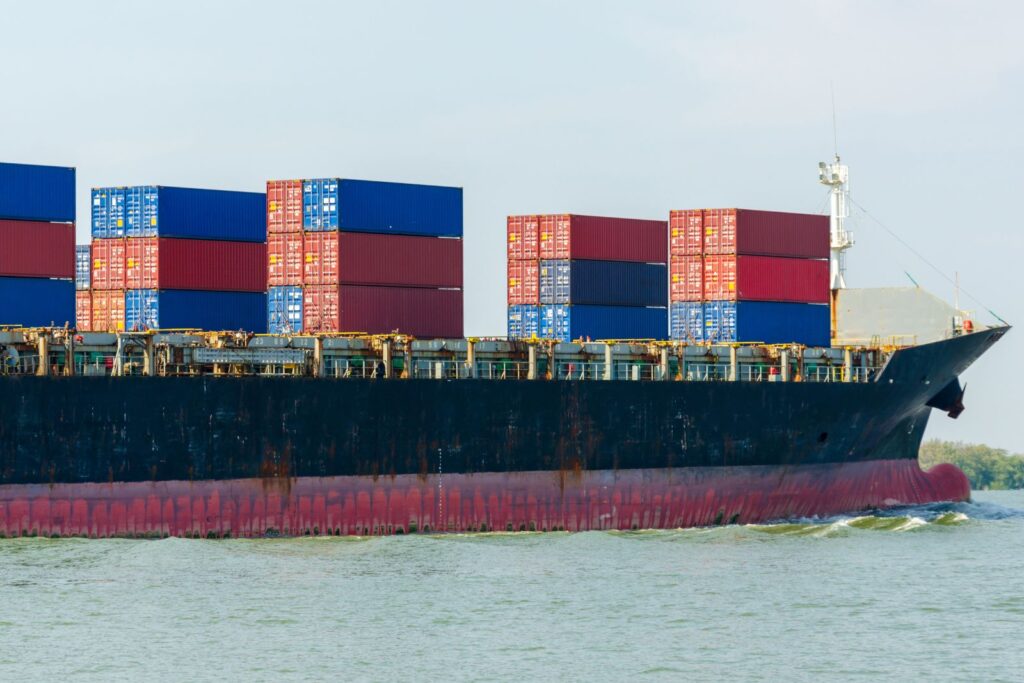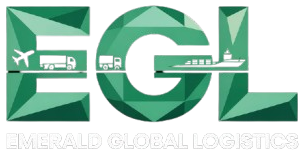Import Compliance Australia: A Complete Guide for Businesses

Introduction
For businesses involved in international trade, navigating import compliance in Australia can feel overwhelming. Strict government regulations, documentation requirements, and customs processes can create costly delays if not handled properly. Many importers face issues such as incorrect tariff classification, underpaid duties, or missing permits, which can lead to penalties and shipment holds.
This is where import compliance becomes essential. By ensuring your business meets all Australian import rules, you avoid unnecessary risks and keep your supply chain running smoothly. At EGL – Emerald Global Logistics, we help businesses streamline compliance, minimise delays, and reduce costs, giving them confidence when trading across borders.
Why Import Compliance Matters in Australia
Import compliance ensures that all goods entering Australia meet government regulations and biosecurity standards. For businesses, compliance is more than a legal requirement—it protects profitability and reputation.
Key benefits include:
Avoiding costly fines and penalties.
Preventing shipment delays and supply chain disruptions.
Enhancing credibility with suppliers and customers.
Optimising duty and tax payments.
Ensuring smooth customs clearance.
Step-by-Step Guide: How Import Compliance Works in Australia
1. Classifying Goods Correctly
Every imported product must be classified under the Harmonized System (HS) codes. Incorrect classification can lead to duty errors and compliance issues.
2. Determining Duty and Taxes
Importers must calculate customs duty, GST, and other applicable charges. Understanding tariff concessions or free trade agreements can significantly reduce costs.
3. Meeting Biosecurity Requirements
Australia has strict quarantine rules. Certain goods, such as food, plants, and animal products, require permits or inspections before clearance.
4. Preparing Documentation
Essential documents include:
Commercial invoice
Packing list
Bill of lading/airway bill
Import permits (if required)
5. Lodging Declarations
Import declarations must be submitted through the Integrated Cargo System (ICS) managed by the Australian Border Force (ABF).
6. Customs Clearance and Delivery
Once all duties, taxes, and checks are completed, goods are cleared for entry into Australia.
Costs of Import Compliance in Australia
Import compliance costs vary depending on the type of goods, duty rates, and regulatory requirements. Typical expenses include:
Customs duties and GST (10% on most imports).
Quarantine inspections for high-risk goods.
Brokerage fees for customs clearance services.
Storage and demurrage charges if clearance is delayed.
Working with a trusted logistics partner helps minimise hidden costs and ensures accurate duty calculation.

Best Practices for Import Compliance
To keep your operations efficient, follow these best practices:
Double-check HS classifications before lodging declarations.
Keep accurate records of all shipments for at least five years.
Stay updated with changes in Australian customs regulations.
Use free trade agreements to reduce duty where possible.
Partner with an experienced customs broker or logistics provider.
Common Mistakes to Avoid
Many businesses make avoidable mistakes when handling imports. Some of the most common include:
Incorrect product classification.
Underestimating duty and GST costs.
Failing to obtain permits for restricted items.
Submitting incomplete or inaccurate paperwork.
Ignoring updates to import laws and compliance rules.
Real-World Applications: Who Needs Import Compliance?
Import compliance applies to businesses across multiple industries, including:
Retailers & eCommerce importing products for local sale.
Food & Beverage companies requiring strict biosecurity checks.
Manufacturers sourcing raw materials or machinery from overseas.
Pharmaceuticals & Healthcare where safety and permits are critical.
At EGL – Emerald Global Logistics, we provide tailored compliance solutions to support businesses across these industries. Learn more about us here.
FAQs About Import Compliance Australia
1. What is import compliance in Australia?
Import compliance ensures imported goods meet customs, taxation, and biosecurity regulations before entering Australia.
2. Who regulates import compliance?
The Australian Border Force (ABF) and the Department of Agriculture, Fisheries and Forestry (DAFF) regulate imports.
3. Do I need a customs broker for compliance?
While not mandatory, a customs broker can prevent errors, reduce costs, and speed up clearance.
4. What happens if I don’t comply with import laws?
Non-compliance can result in fines, shipment delays, goods seizure, or even prosecution.
5. Can import duties be reduced?
Yes, using Free Trade Agreements (FTAs) or tariff concessions can lower or eliminate duties.
Conclusion: Ensure Smooth Import Compliance with Expert Support
Import compliance in Australia is a critical part of international trade. By staying compliant, businesses save time, reduce costs, and avoid legal risks. Partnering with experts like EGL – Emerald Global Logistics ensures your shipments are handled with accuracy and efficiency.
If you’re ready to simplify your import process and reduce compliance risks, contact EGL today for tailored support.
